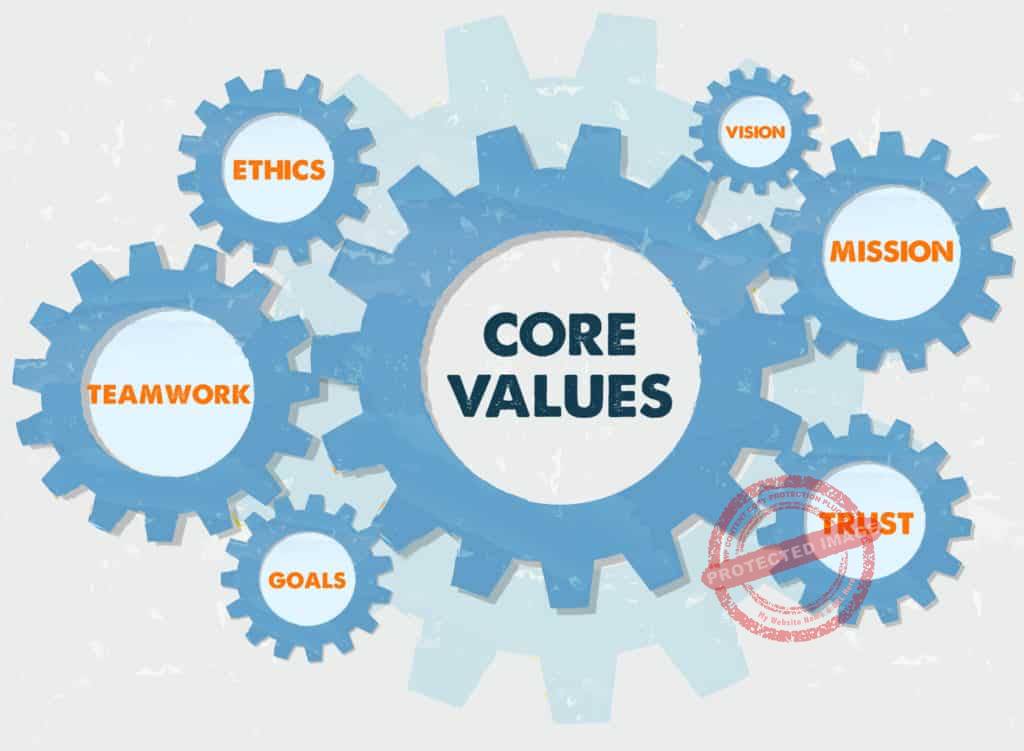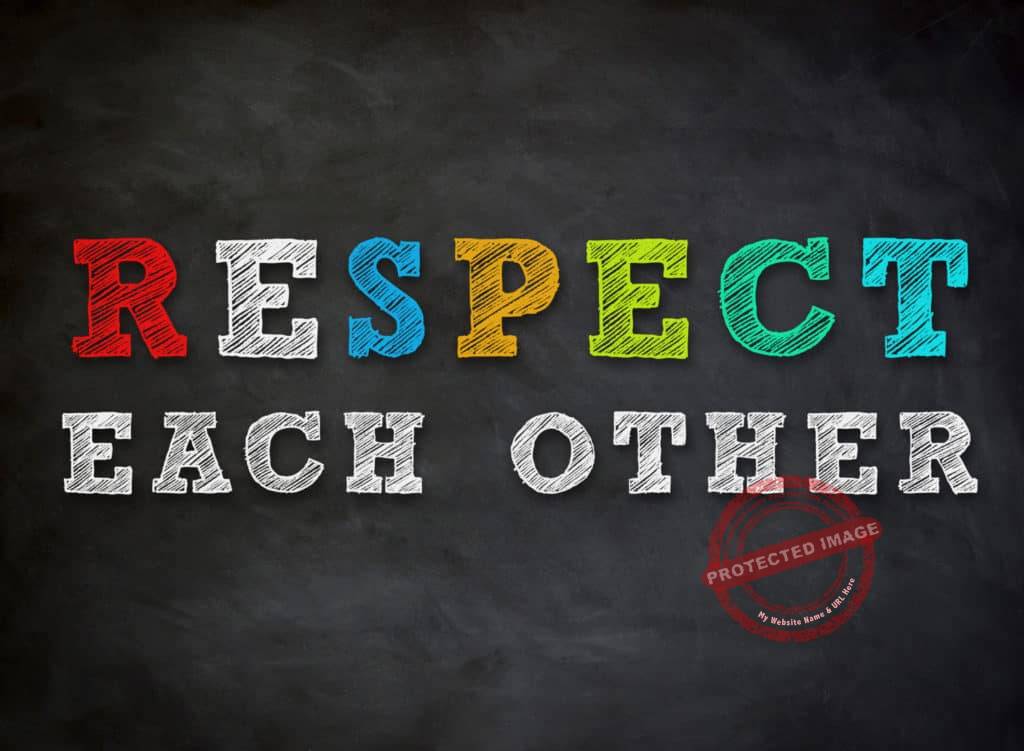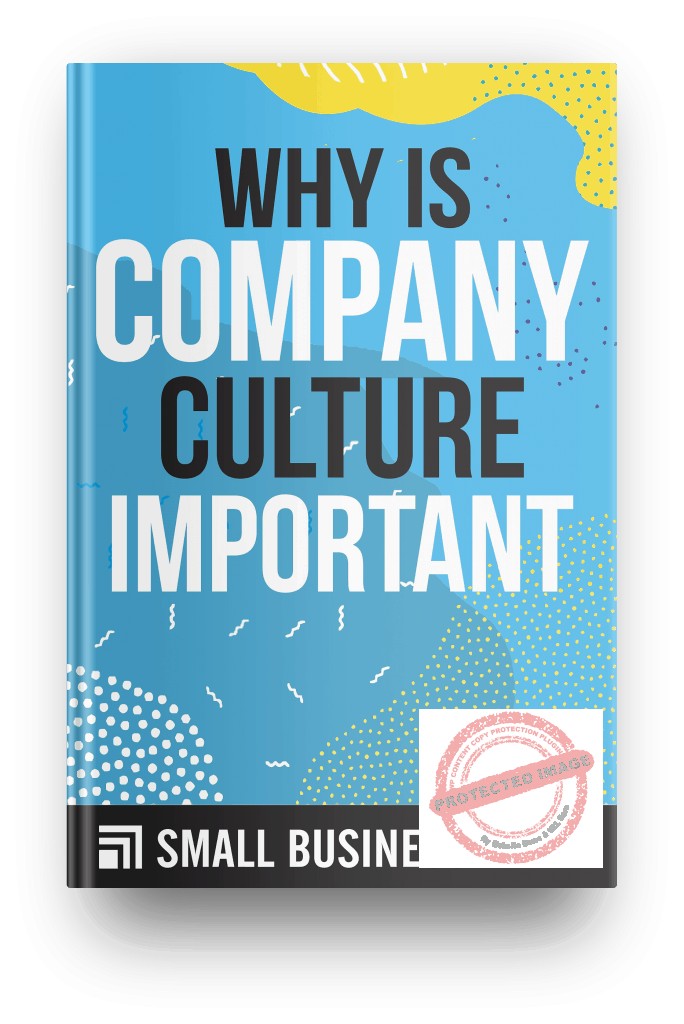What kind of culture is your company built on? Why is company culture important?
You see, culture affects all aspects of a business.
It helps to shape how the public sees your brand.
It determines your employees’ level of job satisfaction and has a bearing on your bottom line.
Therefore, you simply can’t deny the importance of company culture.
What Is Company Culture?

Company culture is a combination of many elements.
Elements of company culture include corporate vision, mission, and values.
They include ethics and norms, goals and expectations, as well as habits, beliefs, and behaviors.
The elements of a company’s culture add up to the company’s personality. They define the work environment.
So, what exactly is company culture?
Ask business leaders this question and you get different answers.
However, if you look at their definitions, everything seems to make sense.
Take a look at how people perceive company culture to be:
Company Culture Refers To The Vision Of The Founder And His Management Team

Culture is made up of the mission, style, and values of upper management.
This is executed through the corporate practices and policies, as well as the interactions among its people.
It is reflected by the company’s decisions regarding talent sourcing, training, compensation, and ethics.
In effect, it sets the tone for everything that happens in the organization.
Culture Is The DNA Of The Original Founders Of The Company That Is Passed Down To And Sustained By The People They Hire
It refers to the soul and vision of the company as well as to the rituals, attitudes, behavior, and language of its environment.
Culture Is The Mixed Personality Built From The Collective Interactions And Traits Of Your Team

Every employee contributes to the corporate culture.
Therefore, it is essential to choose people who display generosity, growth, and positivity rather than those with toxic personalities.
Culture Defines The Atmosphere In The Workplace
Culture determines how much a person enjoys coming in to work.
It is what attracts or repels top talent.
Culture Is A Strong Emotional Bond That Grows Among Colleagues At Work
It is the result of pursuing a unified vision and sharing the same values.
Working with colleagues who believe in the same mission and have the same desire to excel at what they do.
Culture Is The Backbone Of The Company

It dictates what behaviors are appropriate and suggests a certain way of thinking.
It inspires the quality of communication and tasks that employees should embrace.
When managers make decisions regarding whom to hire, promote, or give recognition to, they always take the company culture into account.
Employees try to work and behave according to cultural values.
Culture Refers To The Management Style Of The Company
If you look beyond the highly intelligent definitions of corporate culture, you will see that culture actually refers to leadership and management style.
An effective company culture keeps people motivated and productive.
It promotes communication about problems and ideas.
It is what oils the company’s gears and keeps them running smoothly.
Culture Is A Defining Force

Company culture is a force that moves every action that the company takes.
For instance, it affects job satisfaction and happiness as well as defines the work environment.
Also, it dictates the tone for how people communicate and interact with each other.
Culture Represents The Spirit Of The Company’s Employees
It refers to people-centered elements.
For example, morale, teamwork, communication, people development, flexibility, diversity, levels of stress, coping behaviors, and leadership.
Culture Is A Combination Of The Company’s Employees, Their Interactions, And Their Work Environment

Company culture is more than just corporate values and employer brand.
When an individual looks for a company to work for, he isn’t likely to be limited by what the company presents in its website and corporate handles.
Instead, he also looks for what employees say about the company culture online.
What do the employees like and dislike about the company they work for?
Are they happy or unhappy?
These opinions are likely to help the decision of someone in search of an ideal company to work for.
Culture Is A Galaxy Composed Of Employees
Culture is built from the collective character and intelligence of its team.
It includes the employees’ brilliance, as well as the amusing, peculiar, fun and artsy aspects of their personalities.
Culture Is The Way People Treat Each Other

Culture refers to how people in the organization treat each other.
This includes managers, employees, clients, independent contractors, and prospects.
It relates to the tone of their conversations, interactions, emails, and marketing materials.
Culture Is An Anchor
It is what keeps the people of an organization on track.
Culture Is The Glue That Binds The Company
It refers to the relationship between boss and subordinate.
That is to say, the desire to build a strong and fully engaged work team.
Also, it refers to coaching and mentoring your people.
Using time and energy to build competencies and resolve workplace issues.
Why Is Company Culture Important?

All organizations, whether big or small, have a culture.
This culture can be healthy or unhealthy.
If you have an unhealthy company culture, it means that you don’t value your employees.
Your employees don’t really care about the organization they work for either.
They are interested only in their own welfare.
For instance, in earning their paychecks or getting health benefits.
Chances are, they may not even be happy at work.
If you have a healthy company culture, on the other hand, you put great value on every employee who works for you, regardless of the position he holds.

Employees recognize that the company cares for them.
As a result, they also value the company they work for.
They are highly motivated and happy in what they do.
Therefore, they enjoy working together as a team in order to achieve organizational goals.
So, why is company culture important?
There are several reasons that emphasize the importance of company culture.
Company Culture Defines You
Your company culture is both your image and identity.
It is basically who you are.
It is how everybody perceives your organization to be.
Your culture determines how;
- You do business
- Your employees interact with one another and
- Your organization interacts with your partners, customers, suppliers, the media, and everybody else who has concerns and interest in your company.
Culture Expresses The Organization’s Core Values

Your culture is about giving life to what you believe in.
It is how you live out your core values.
Additionally, your culture should match the values you uphold.
If it doesn’t, then what you claim to be your core values are just meaningless buzzwords.
It Helps You Attract Top Talent
A company that has a reputation for having a healthy corporate culture is attractive to prospective employees.
Consequently, high-quality applicants will want to work with you because know they can grow with you.
A Healthy Culture Helps With The On-boarding Process
Your company culture acts as a guiding force, especially with new hires.
For instance, it helps them find meaning in their jobs and feel that they fit in.
Also, it increases their progress so that they can easily adjust and become more productive quickly.
Culture Transforms Your Employees Into Its Strongest Advocates

If you have a strong and healthy company culture, your employees feel that they are of value to the organization.
They feel special as well as appreciated.
As a result, they come to care for the company.
It becomes more than just what gives them their paychecks.
Consequently, they identify with the company and become its advocates.
Culture Helps An Organization Keep Its People
A healthy culture makes employees feel that they belong to one community, so, they tend to thrive in it.
People who like working for a company remain loyal to it.
They aren’t likely to look around for other companies to join.
Therefore, a healthy company culture not only helps you attract top talent but keep them too.
Culture Transforms A Group Of People Into A Team

A well-functioning culture puts people together, keeps them aligned, and bonds them into a team.
Culture establishes a common purpose.
It dictates how the people in your organization behave and interact with each other.
Additionally, it sets expectations and helps people function better as a team.
Culture Promotes A General Sense Of Well-Being
Culture affects more than just job performance.
It affects your employees’ sense of well-being as well.
It seeks to give employees a healthy work-life balance.
Business culture helps employees all-round.
For instance, it helps them become better individuals, both at work and in their personal lives.
Types Of Company Culture

Company culture has many shades.
So, it is probably safe to say that no two cultures are identical.
However, some cultures have the same defining characteristics.
Most cultures fall under one of five types of company culture.
Although it is possible for some cultures to have characteristics of more than just one type.
You can’t say that one of these types is the best of the bunch.
In the same manner, you can’t say that one of them is the worst.
Consequently, every type has its own advantages and disadvantages.
Company culture has a huge impact on the workplace.
It determines if you are going to be happy working with the company.

If you fit in with the culture, you are likely to be happy.
However, if you don’t, you may find it hard to enjoy your job.
Your business culture may sometimes depend on the industry that your company belongs to.
This doesn’t necessarily mean that you can’t change your culture.
The culture of a company can evolve because it isn’t fixed.
1. The Team-first Culture

When you have a team-oriented company culture, you base your hiring decisions on fit first.
The experience and skills of an applicant only come in second.
Team-oriented companies know that happy workers make for happy and satisfied customers.
Happy employees are usually content and grateful.
As a result, they are usually eager to go the extra mile to make their customers happy.
If your business is customer service-focused, the team-oriented culture is a good one to cultivate.
How to create a company culture of this type:

- Make your staff’s happiness your top priority.
- Organize frequent outings for your staff.
- Try to accommodate the family lives of your staff.
- Keep communication channels open.
- Always give your team meaningful feedback.
Drawbacks:
It is easier for a small company to maintain a team-oriented culture.
Larger companies may find it more difficult to maintain such a culture.
2. The Elite Corporate Culture

Companies that fall under this type aim to make a big splash in the market and grow faster than the competition.
They make it their goal to always be the market leader.
When hiring people, they usually go for candidates who are competitive, accomplished, and self-confident.
They encourage employees to be daring, innovative, and enterprising.
How to build a company culture of this type:
- Encourage your employees to look for ways to improve existing systems and products.
- Give recognition to employees who make their jobs their top priority.
- Encourage employees to spend long hours at work.
- Establish ways for top talent to quickly move up the ranks.
Drawbacks:
The work environment is likely to be stressful.
Employees tend to compete intensely with one another.
3. Horizontal Corporate Culture

Small start-up companies usually have this type of company culture.
Position titles don’t mean a lot in this type of culture.
There is a youthful, open and collaborative feel at work.
Everybody pitches in.
The set-up is informal and flexible.
How to create a company culture of this type:
- Encourage your employees to exchange ideas freely.
- Establish a fun, spirited, and youthful culture.
- Make your own coffee.
Drawbacks:
There is a risk of lack of accountability, clear and strong leadership, and direction.
4. Conventional Corporate Culture

This type of culture is traditional and conservative.
Roles and hierarchies are clearly defined.
Everybody considers the bottom line as the top priority.
People are not very open to change, innovations, or risks.
How to create this type of culture:
- Encourage people to do things according to set guidelines.
- Leave major decisions to senior management.
Drawbacks:
There is little room for innovation, experimentation, or inspiration.
People do things by the book.
Employees are likely to feel that they are being micromanaged.
5. Progressive Corporate Culture

This is usually a neutral culture.
There is much uncertainty about what the future holds for the organization.
However, uncertainty does not always bring doom and gloom.
It can be an opportunity to experiment, try out new things, or make innovations or improvements.
How to create this type of culture:
A progressive culture is usually not deliberately created.
It often develops as a result of business acquisitions, mergers, or unexpected major changes in the market.
Drawbacks:
There is a high turn-over rate in this type of culture.
Employees are usually worried about the change in ownership or management.
They don’t know what the future holds for them, and as a result, may lose motivation or drive for work.
How To Build A Company Culture

Building company culture is essential to the success of any organization.
Your employees are a vital part of making your organization effective and successful.
Developing a company culture that is strong and healthy enables you to hire the right people and keep them loyal and happy.
Align Your People To The Culture
Your employees should identify with the company culture.
They should always consider it with pride, excitement, and great appreciation.
Developing a company culture should include encouraging, enlisting, and empowering your employees to rally around it.
Encourage Employees To Treat Each Other With Respect And Concern

Respect and care for each other are vital parts of building company culture.
So, always remind your employees that although they may have distinct differences, they have the same goal.
They belong to the same community.
Therefore, they have to create a workplace characterized by respect and concern for each other if they are to be successful as a team.
Live Your Culture
Company culture will not survive without leadership support.
You don’t simply define your corporate culture. Believe in it and champion the core values it is trying to accomplish.
If you don’t buy into your corporate culture, you can’t expect your workers or stakeholders to do so.
You don’t just talk values, you should live them as well.
Ensure you hold yourself up to the same (or even more challenging) standards than those you require of your subordinates.
Be Inclusive

There are many factors that promote misunderstanding.
They include gender, sexual orientation, race, position, and age.
Developing a company culture requires an open and accepting attitude.
Encourage your employees to work well together despite their differences.
Promote open and honest communication.
For example, if an individual needs to express a different perspective, encourage him to do so with respect.
Communicate Frequently And Effectively
Everybody in the organization should be bound by the vision, mission and core values of the organization.
Communication is essential to achieving this.
Establish open and engaging channels for sharing news, goals, changes, feedback, and successes across the ranks.
Ensure Your Purpose Is In The Front And Center Of All Activities

Always remind everybody why the company exists.
In addition, see to it that everyone in the organization understands the reason and their own personal stake in it.
Understanding the organization’s purpose is essential for keeping the passion alive, especially through difficult times.
Build Trust
If your employees are confident that you have what it takes to effectively lead them down the path that they believe in, they will hold themselves up to helping you achieve this higher goal.
Celebrate What Goes Right

Don’t focus solely on mistakes and errors.
Recognize behaviors that show the organization’s desired culture.
Celebrate successes.
Making a simple shift in mindset is likely to make your employees thrive.
Make Every Employee Feel Valued
Every employee should feel that he is contributing to the common good.
This is essential to creating an authentic, nurturing, and thriving culture.
Why Is Company Culture Important Infographic

Conclusion

Everybody wants to work for a great organization.
Build a strong, well-functioning company culture and you create a positive, nurturing, and engaging workplace where your team can be happy and productive working for common goals.
Do any of the cultures mentioned above reflect the type practiced in your workplace?
Leave us your comments!
Click on Buy Now For a PDF Version of This Blog Post
 |









